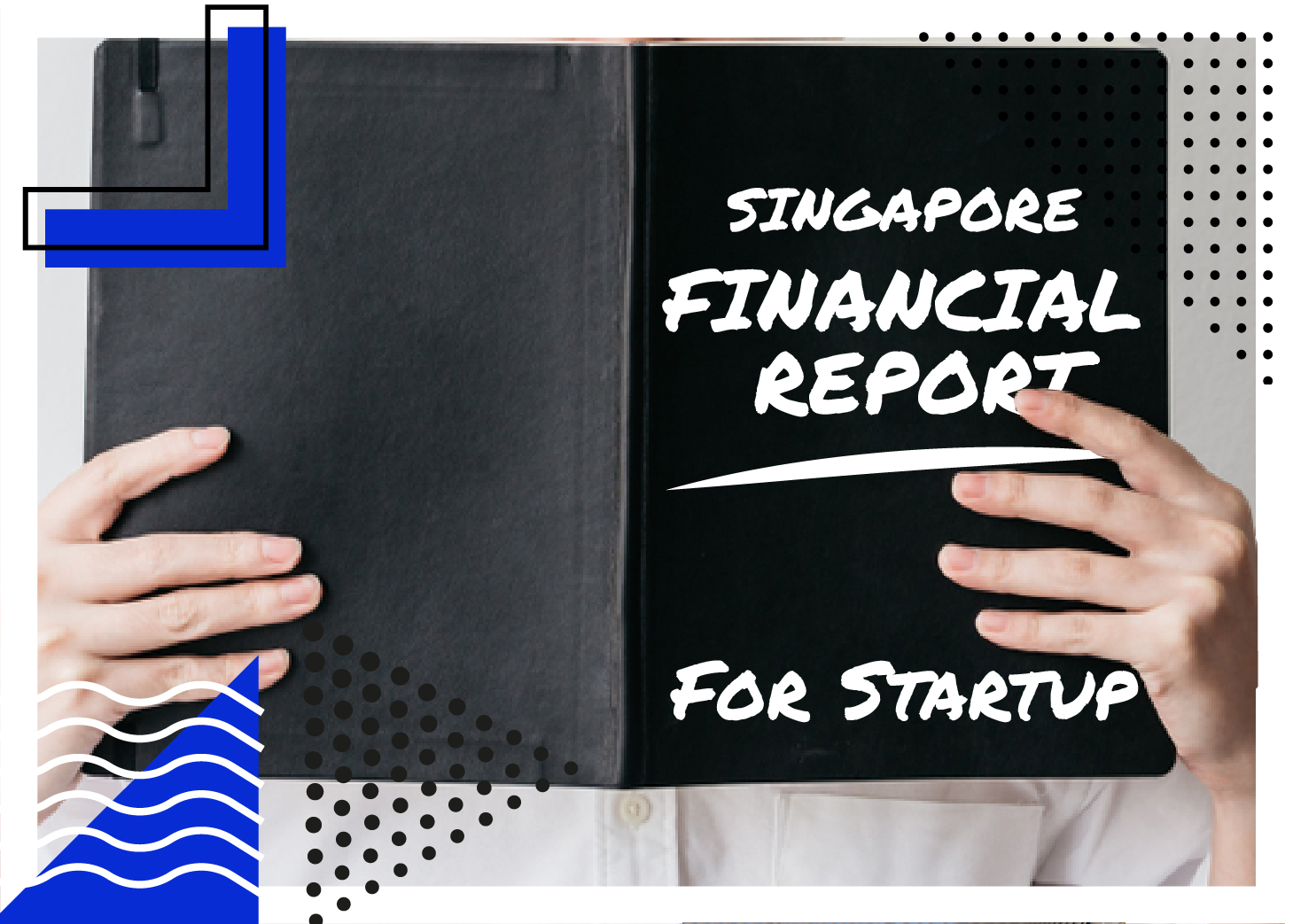
Navigating Singapore’s Corporate Tax Filing Requirements for Your Small Business in Singapore
Visions of growth and success for your newly launched small business dance in your head, have you thought about the serious aspects, like corporate tax filing in Singapore? Tax season has arrived. Running a business may be a challenging moment for small business owners who are just putting their feet under the table. Do I need to file corporation taxes? How much tax do I owe? How should I organise them? Don’t worry, our all-in-one guide will tell you everything you need to know about filing taxes for your business, including who has to do it, how much to pay, and what you’ll need.
In this article, we’ll help you to go through everything you need to know to file your corporate taxes in Singapore.
Without Registration You Have No Strong Grounds
To legally operate your business in Singapore, you’ll first need to register it with the Accounting and Corporate Regulatory Authority (ACRA). This gives your company a green signal as a separate legal entity and issues key documents like your business registration number and certificate.
To register, you’ll need to decide on your company structure. The most common are sole proprietorships, partnerships, and private limited companies. As we are targeting on small businesses, sole proprietorships are simplest, with few regulatory requirements.
Apply for your company name. Check that your desired name is available and conforms to naming rules. Reserve it for up to 2 months.
Submit your registration documents. This includes details like company name, business activity, registered address, and share capital.
Pay the registration fees. Currently $300 for sole proprietorships and $1,200 for private limited companies.
Receive your business registration documents. This confirms your company registration and legal status.
With the paperwork done, your small business will be officially up and running in Singapore. As the registration process seems complicated but all thanks to ACRA’s online corporate tax filing system in Singapore make it pretty straightforward.
Determining Your Business Tax Year
Now that you’ve declared your business is tax resident in Singapore, the next step is choosing your tax year. For most companies, the tax year allign with the Georgian calendar year, January 1st to December 31st. But as a small business owner, you have some flexibility here like you can select an alternative tax year, like July 1st to June 30th which will be a help to simplify your accounting.
Once you’ve selected your tax year, inform the Inland Revenue Authority of Singapore (IRAS) within 30 days. After that, you must file an annual tax return – Form C – and audited accounts within 30 days of your tax year-end. The tax return summarizes your business’ chargeable income for the year.
Get Your Hands on COR or GST Registration
To officially operate your business in Singapore, you’ll need to register it with the Accounting and Corporate Regulatory Authority (ACRA) and obtain a Unique Entity Number (UEN). You already registered your company, now apply for a Corporate Taxpayer Number or “COR” to report your company’s taxable income. You must submit your COR application within 30 days of starting operations.
If your company’s annual taxable turnover exceeds S$1 million, you must register for GST. GST registration requires submitting Form GST F5 which typically takes 3 working days to process. Once registered, you must charge 7% GST on all standard-rated supplies and claim GST credits on your business expenses.
Navigating Singapore’s corporate tax filing requirements can seem to walk on difficult road, but by taking it step by step, you’ll get your small business running in no time. If done right, you’ll be on your way to success in one of the world’s leading business hubs.
Filing Estimated Chargeable Income (ECI) and Corporate Tax Returns
For corporate tax filing in Singapore, you first need to submit an estimated chargeable income or ECI within 3 months of your financial year end. As a small business owner, calculating your ECI may you feel stuck, but it doesn’t have to be complicated.
Start by reviewing your business’ income and expenses for the past year. Tally up your total business revenue from the sale of goods and services, interest, rent, royalties and any other sources. Then, subtract any allowable business expenses like the cost of goods sold, rent, employee wages, utilities and transportation. The resulting amount is your estimated net profit, which forms the basis of your ECI. Within 30 days after filing your ECI, you need to submit your full corporate tax return, also known as Form C.
The tax return filing process can be streamlined by using IRAS’ myTax Portal, which allows you to file returns digitally and make tax payments online. With some advance preparation, meeting your corporate tax obligations in Singapore does not have to be a scary task, even for small businesses. By understanding what is required of you, keeping good records and seeking help when needed, you can file your taxes with confidence and make sure your business remains in good standing.
Make Estimation About Your Annual Taxable Income
To accurately estimate your annual taxable income in Singapore, you’ll need to consider all sources of income for your business. This include revenue from the sale of goods and services, interest earned, rental income, and any other income.
Add up all the money your business has brought in from selling products and services over the past year. This is your total business revenue or turnover.
Certain business expenses like cost of goods sold, rent, employee wages, utilities, and transport costs are tax deductible in Singapore. These deductions will lower your taxable income. Keep records of all business expenses to claim maximum deductions.
If your business earns interest from savings, rent from property, or income from investments, add these amounts to your total taxable income.
If you made any advance tax payments over the past year, subtract these from your estimated tax bill for the current year.
Be sure to keep thorough records of all income, expenses, deductions and advance tax payments that IRAS can raise question on it to justify your estimate.
Calculating Your Corporate Tax Rate
As a small business owner in Singapore, calculating your corporate tax rate is a key part of managing your company’s finances. The corporate tax rate you pay depends on the amount of chargeable income your business generates each year.
Your chargeable income is your total business income minus any deductible expenses. In Singapore, the corporate tax rate is a flat 17%. But, for your first S$200,000 of chargeable income, the tax rate is just 8.5%. The 8.5% tax rate applies for your first three years of business. After that, the standard 17% rate will apply to your entire chargeable income.
To calculate your corporate tax bill:
Determine your chargeable income for the financial year.
Apply the 8.5% tax rate to the first S$200,000 of your chargeable income.
Apply the 17% tax rate to the remaining chargeable income.
Add the tax amounts to get your total corporate tax bill.
Paying your corporate taxes on time and in full is important to avoid potential penalties. Keeping on top of your corporate tax filing in Singapore responsibilities will make sure your small business shine through compliant.
Claiming Allowable Business Deductions and Expenses
To lower your sum of corporate tax filing in Singapore, never forget to claim all eligible business deductions and expenses. But obviously you thought that what Qualifies as a Business Expense? Business expenses include things like:
- Rent for your office space
- Utility bills (electricity, water, internet)
- Wages and salaries of employees
- Office supplies (stationery, printing)
- Transportation (fuel costs, taxi fares for business meetings)
Outsourcing your company accounting in Singapore is crucial for optimizing operational efficiency, ensuring compliance with intricate financial regulations, and allowing your business to focus on its core competencies, ultimately fostering sustainable growth and success in the dynamic Southeast Asian market.




